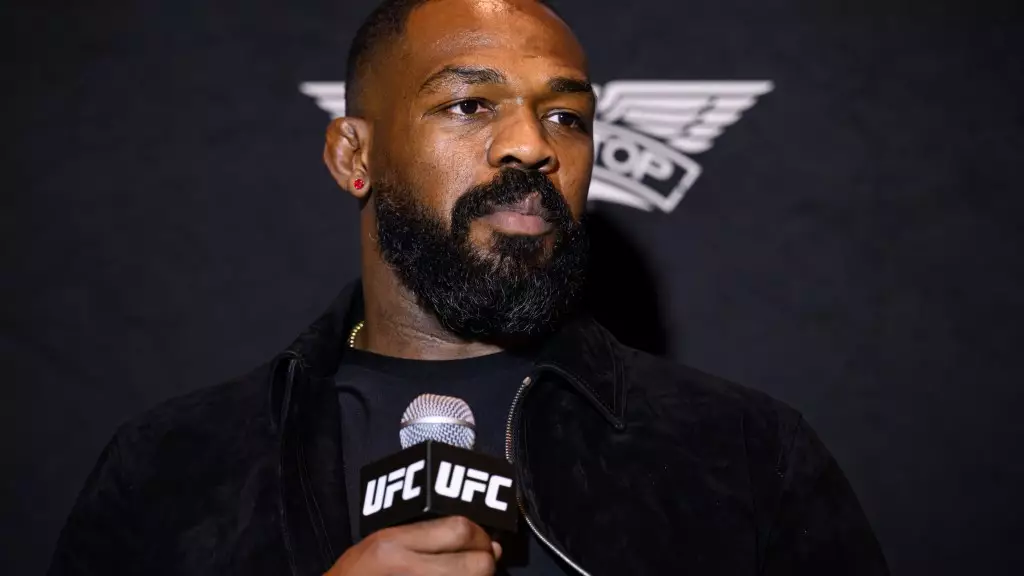The anticipation surrounding the potential matchup between Jon Jones and Tom Aspinall for the unified heavyweight championship has captured the attention of MMA enthusiasts. Just a few months ago, UFC CEO Dana White confidently stated that this monumental fight would likely take place in 2025. However, as of now, the fight remains unconfirmed, raising questions about its viability and the dynamics at play behind the scenes.
Dana White’s rare guarantee regarding the highly-anticipated clash seemed to promise a thrilling showdown. Yet, as he recently indicated in an interview, the process of making this fight a reality is not as straightforward as fans might hope. White was keen on promoting Jones vs. Aspinall following “Bones'” successful title defense against Stipe Miocic at UFC 309 last November. However, Jones has shown hesitance, expressing a desire for a substantial financial incentive to face the interim champion—an expectation that distinguishes him from many fighters willing to engage without such demands.
The stakes surrounding this negotiation process are monumental. White hinted that, while the UFC is exploring various options, a timeline for finalizing a deal is still unknown. He did reiterate that if negotiations do not progress by the summer, they might have to consider alternative matchups. It’s this volatile environment of negotiations and the interplay of financial demands that could ultimately determine if Jones vs. Aspinall becomes a reality or fades into mere speculation.
White has remarked upon the profound significance this potential fight holds for the UFC. He described it as possibly the most pivotal match in the organization’s history, but this assertion comes with an implicit acknowledgment of the challenges in securing such a monumental event. Jones, despite being a formidable figure in MMA, is navigating the complexities of retirement talks and financial negotiations, which complicates his active engagement with the promotion.
The heavyweight division itself stands at a crossroads. White recognized that the UFC cannot indefinitely hold the division in limbo due to ongoing challenges in negotiating high-stakes fights. If Jones does not come to the table soon, it may force the UFC’s hand to craft new narratives and matchups for its heavyweight roster, potentially diluting the excitement that the heavyweight title fight with Aspinall would promise.
While the allure of a Jones vs. Aspinall face-off remains tantalizing, the realities of fight promotion demand scrutiny and patience. As Dana White stated, a fight of this magnitude requires careful orchestration and significant financial considerations, and if those elements do not align, fans might need to temper their expectations. The next months will be critical; how quickly and effectively the UFC can navigate these hurdles will ultimately dictate the future of the heavyweight championship landscape and, perhaps, the longevity of Jon Jones’ storied career in the sport. The anticipation is palpable—can the UFC deliver on this promise, or will it slip into MMA folklore as another “what if”? Only time will tell.

